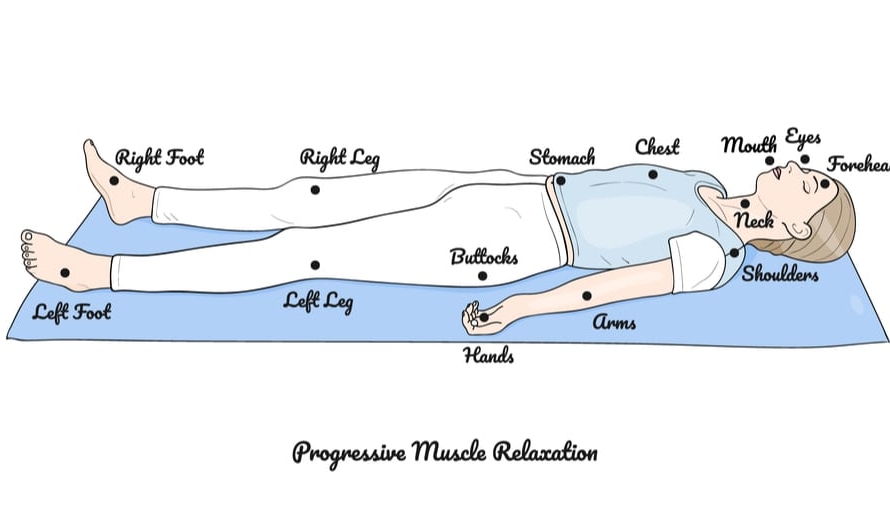In our practice, we have seen a significant increase in women seeking therapy for postpartum anxiety. Although it is refreshing to see more women addressing their mental wellbeing, there still seems to be a lack of acceptance and understanding by partners and families of postpartum anxiety. Our hope with this blog is to provide comfort to those dealing with postpartum anxiety – you’re not alone and there is help available! It is also to provide information to the support systems of postpartum women on this condition and how to provide timely and adequate assistance.
What is Postpartum anxiety and its causes?
Postpartum anxiety is a relatively common but significantly affecting condition that affects many women after giving birth. There are several factors that can contribute to the development of postpartum anxiety, including:
- Hormonal changes: After giving birth, a woman’s body undergoes significant hormonal changes, including a drop in estrogen and progesterone levels. These changes can trigger feelings of anxiety and irritability.
- Lack of sleep: Caring for a newborn can be exhausting and often leads to sleep deprivation, which can contribute to feelings of anxiety.
- Past history of anxiety or depression: Women who have a history of anxiety or depression are more likely to experience postpartum anxiety.
- Stressful life events: Women who experience stressful life events during pregnancy or after giving birth, such as financial difficulties, relationship problems, or a difficult childbirth, may be more prone to developing postpartum anxiety.
- Lack of support: Lack of support from family, friends, or healthcare providers can make it more difficult for women to cope with the demands of caring for a newborn and can contribute to feelings of anxiety.
Hormonal Changes:
Several hormones contribute to postpartum anxiety. During pregnancy, levels of estrogen and progesterone increase significantly, and then drop rapidly after childbirth. These hormonal fluctuations can contribute to postpartum anxiety by affecting the brain chemistry and the body’s stress response system.
Estrogen plays a role in regulating the production and uptake of neurotransmitters in the brain, such as serotonin and dopamine, which are involved in mood regulation. When estrogen levels drop after childbirth, it can lead to imbalances in these neurotransmitters, which can contribute to symptoms of anxiety.
Progesterone has calming effects on the brain and can help reduce anxiety. During pregnancy, progesterone levels are high, but after childbirth, they drop rapidly, which can lead to a sudden decrease in feelings of calmness and relaxation, and contribute to feelings of anxiety.
Another hormone that can contribute to postpartum anxiety is cortisol, the body’s primary stress hormone. During pregnancy, cortisol levels increase to help prepare the body for childbirth. However, after childbirth, cortisol levels can remain elevated due to the stress of caring for a newborn and lack of sleep. This prolonged elevation of cortisol levels can contribute to feelings of anxiety and irritability.
In PART 2 we will get into Anxiety and sleep deprivation



